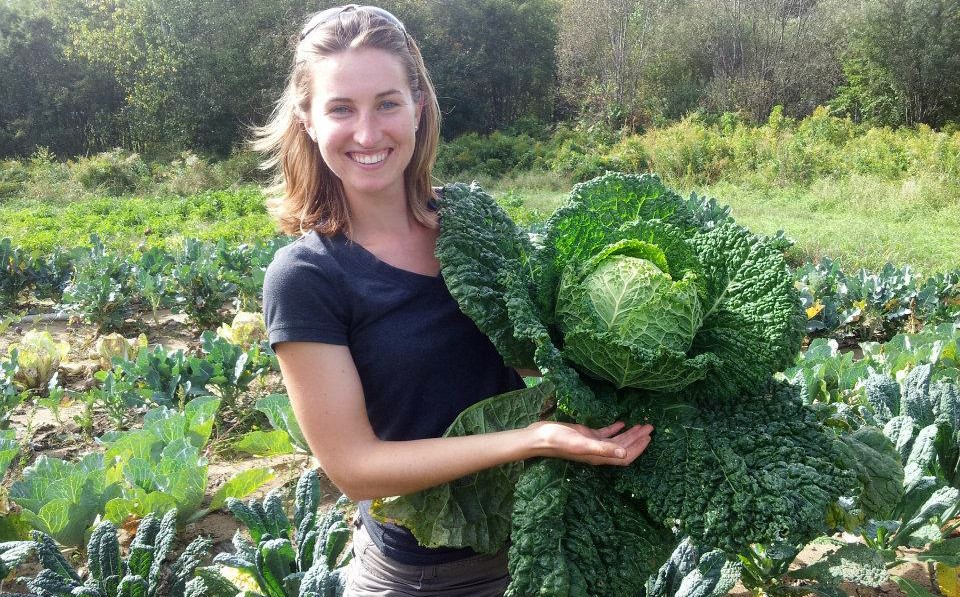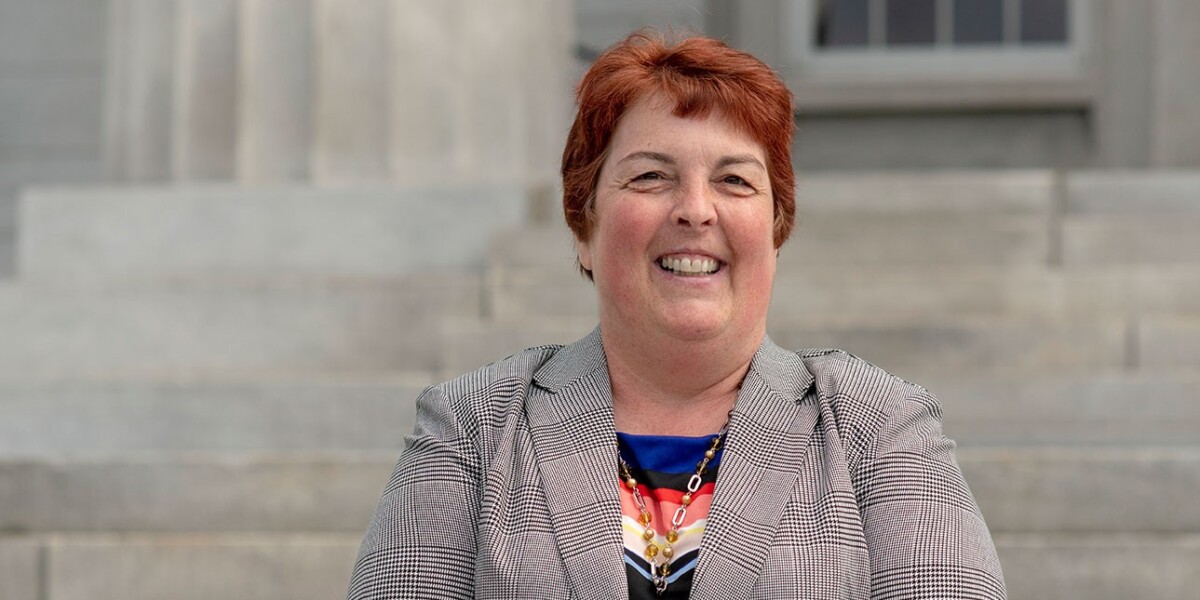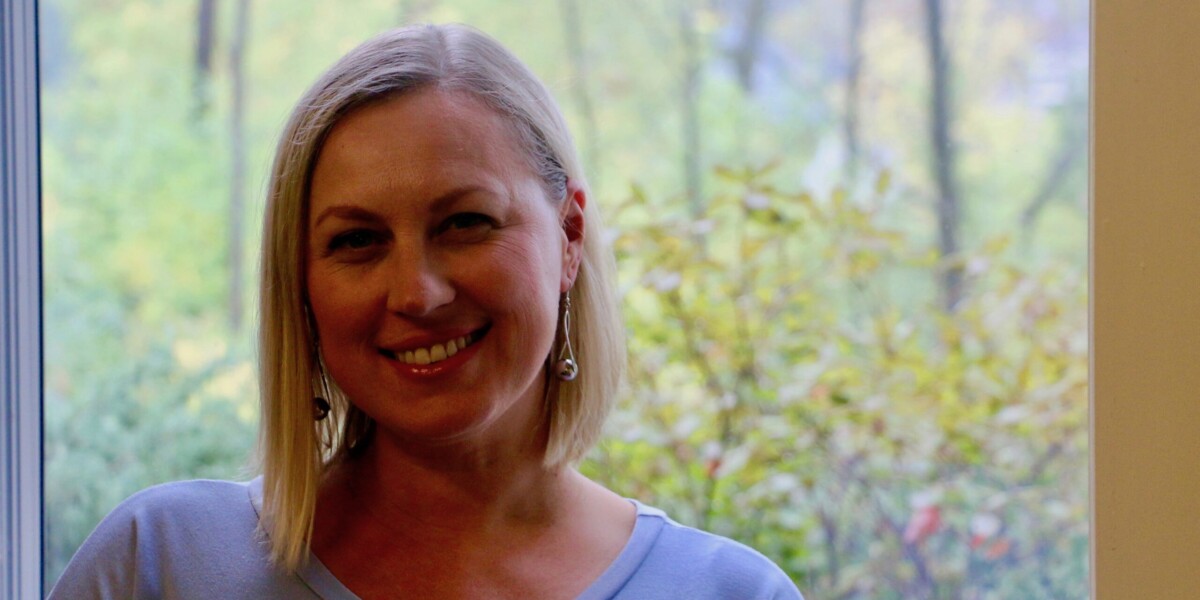Julia Cosgrove thought she would become a research scientist after college. But her career plans changed after joining the UVM Farmer Training Program.
Cosgrove, who earned a degree in ecology and evolutionary biology from the University of Rochester in 2011, landed a job after graduation as a research technician at the University of California, Berkeley. While researching how carbon and nitrogen moved through the soil on dairy farms in Marin County, the prospect of producing local food piqued her interest.
“The more I learned about farming and food, the more I wanted to know. I began to realize I was more interested in food than lab work,” says Cosgrove, who enrolled in UVM’s Farmer Training program last year. “Farming is such a dynamic, challenging and interesting career path. It could be just as stimulating and enriching as being a research scientist.”
Training for Careers in Agriculture
UVM Farmer Training is a six-month program that gives students a chance to manage their own growing site at UVM’s Catamount Farm, learn from experts, and gain hands-on experience at local farms. The program also includes a weekly rotation day at farms in the area – including Bread and Butter Farm, Intervale Community Farm, and Half Pint Farm – which gives students exposure to a variety of farming styles.
“I came into the program thinking I would go right back to doing research so I could help farmers. But I fell in love with the work,” she says. “Doing this program and meeting the genius farmers of Vermont opened up another world of opportunities for me.”
Hands-On Vermont Experience

Cosgrove, 25, grew up in Albany, N.Y., and graduated from the UVM Farmer Training program last fall. She worked at a small livestock operation in northwest Connecticut during the winter and returned to the UVM program last spring as a farm assistant and educator. She is now relocating to New York to be a farm manager at Capital District Community Gardens in Troy.
“I have had the opportunity to solidify so much of what I learned here through the challenge of having to teach it to this year’s students,” she says. “The exposure to a wide range of farming models has helped me focus my interests at a scale and type of production that fits me best.”
Cosgrove says she enjoyed being part of a learning community with diverse backgrounds but a common passion for sustainable food production. She also appreciated the opportunity to work alongside people who have more than a decade of farming experience.
“People who farm well have done a lot of soul searching. What came up again and again in this program was the importance of knowing what you like to do and what you’re good at,” she says. “Farming can be done in so many different ways, but success seems to depend on being smart about your time and using your skills well.”
The program, which enrolls 25 students each year, includes an independent project. Cosgrove chose education as her project, and taught gardening at local community and school gardens while she was a UVM student. While working as farm assistant at UVM Farmer Training this year, she educated students about farming.
Cosgrove says her time at UVM prepared her well and gave her a solid foundation for a successful career in farming.
“When I was looking for a program to learn about farming, I wanted hands-on farm experience where I could ask questions. I was worried that just working on a farm wouldn’t allow me the time or space to learn enough, and I wanted education to be a priority,” she says. “Students in UVM’s Farmer Training program come from all different walks of life. Because of this program, I’ve built a support network for my future in farming.”




